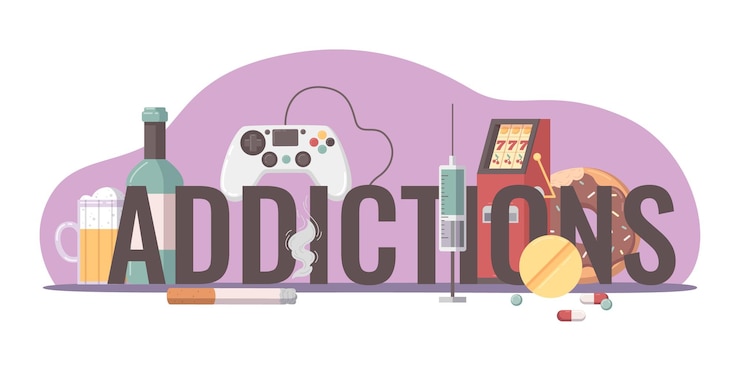
Addiction can show up in ways that might not always be obvious, and functional addiction is one such problem many people face. It can often feel so normal in your routine that its seriousness might not register. If you suspect that you or someone you know may be struggling with this, understanding the signs of functional addiction is a key step toward addressing it. Here are some subtle warning signs to look out for:
1. A Significant Increase in Tolerance
If you find yourself needing more drinks to feel the same effects, it could signal a problem. When your body adapts to excessive drinking, your tolerance increases—this is a clear warning sign.
2. Replacing Meals with Alcohol
Using alcohol as a substitute for food isn’t healthy and can be harmful. Skipping meals to drink deprives your body of the nutrients it needs to function properly, and it’s a serious red flag.
3. Frequent Blackouts
Regularly blacking out or waking up without remembering how you got there is a sign that alcohol might have a bigger hold on you than you realize. This should never feel like a normal occurrence.
4. Drinking Alone
While social drinking is common, drinking by yourself could indicate dependency. If you’re often drinking alone, it’s worth reflecting on why and reaching out for help if needed.
5. Using Alcohol for Motivation
Feeling like you can’t tackle everyday tasks without a drink is a warning sign. Relying on alcohol for productivity or motivation shows that it might have become a crutch.
6. Memory Problems
If your memory seems to be slipping—forgetting important details or daily tasks—it could be because of your drinking habits. Pay attention to how alcohol might be affecting your ability to concentrate and remember.
7. Excusing Alcohol Use
If you’re constantly making excuses to skip time with family or friends in favor of drinking, it’s time to reassess. Prioritizing alcohol over meaningful social connections is a sign of a deeper issue.
8. Drinking to Relieve Stress
Turning to alcohol as a way to manage anxiety or calm your nerves can lead to dependency. Coping with stress through drinking isn’t a sustainable or healthy solution.
9. Being Defensive About Drinking
When someone comments on your drinking habits, do you get defensive or make excuses? This reaction can be a sign that you’re struggling with functional addiction.
10. Mood Swings Linked to Alcohol
If you notice your mood changes drastically based on whether you’ve been drinking or not, it could suggest dependence. Constantly looking forward to your next drink points to a need for change.
Functional Addiction Can Happen to Anyone
If you or someone close to you is displaying any of these signs, it’s important to seek help. Treatment programs can provide healthier coping mechanisms and support for overcoming addiction. There are resources available, and reaching out is the first step toward recovery.